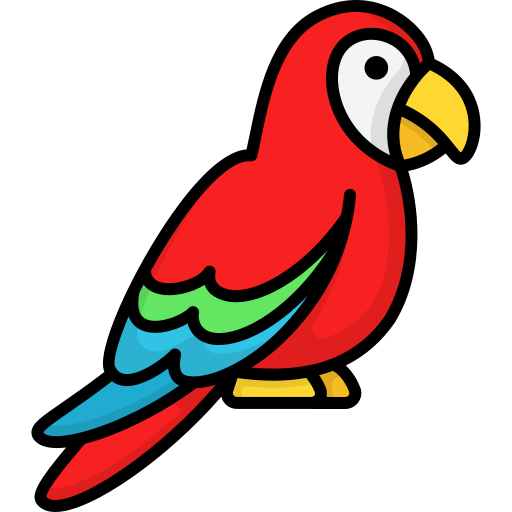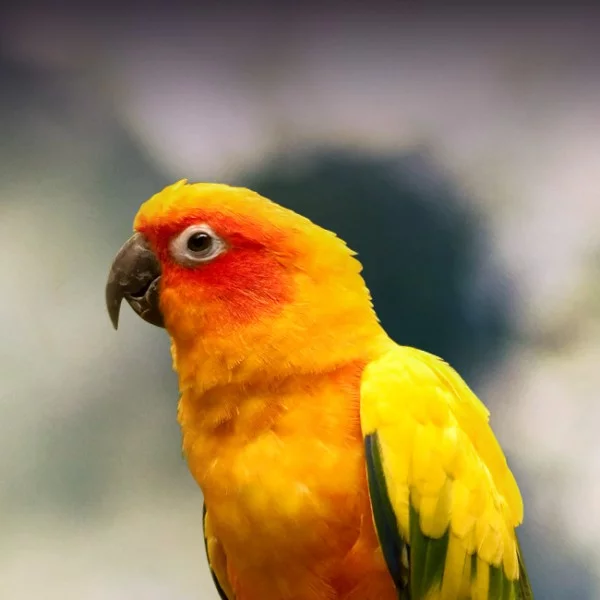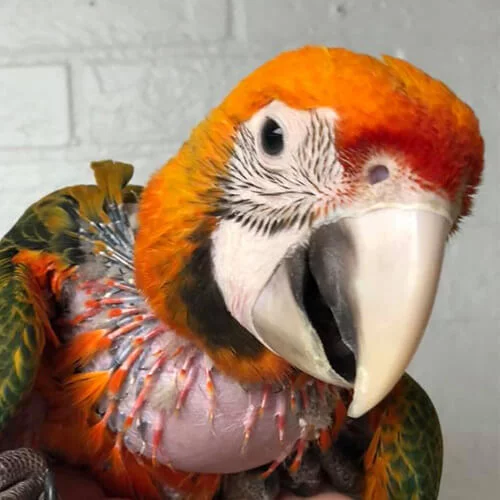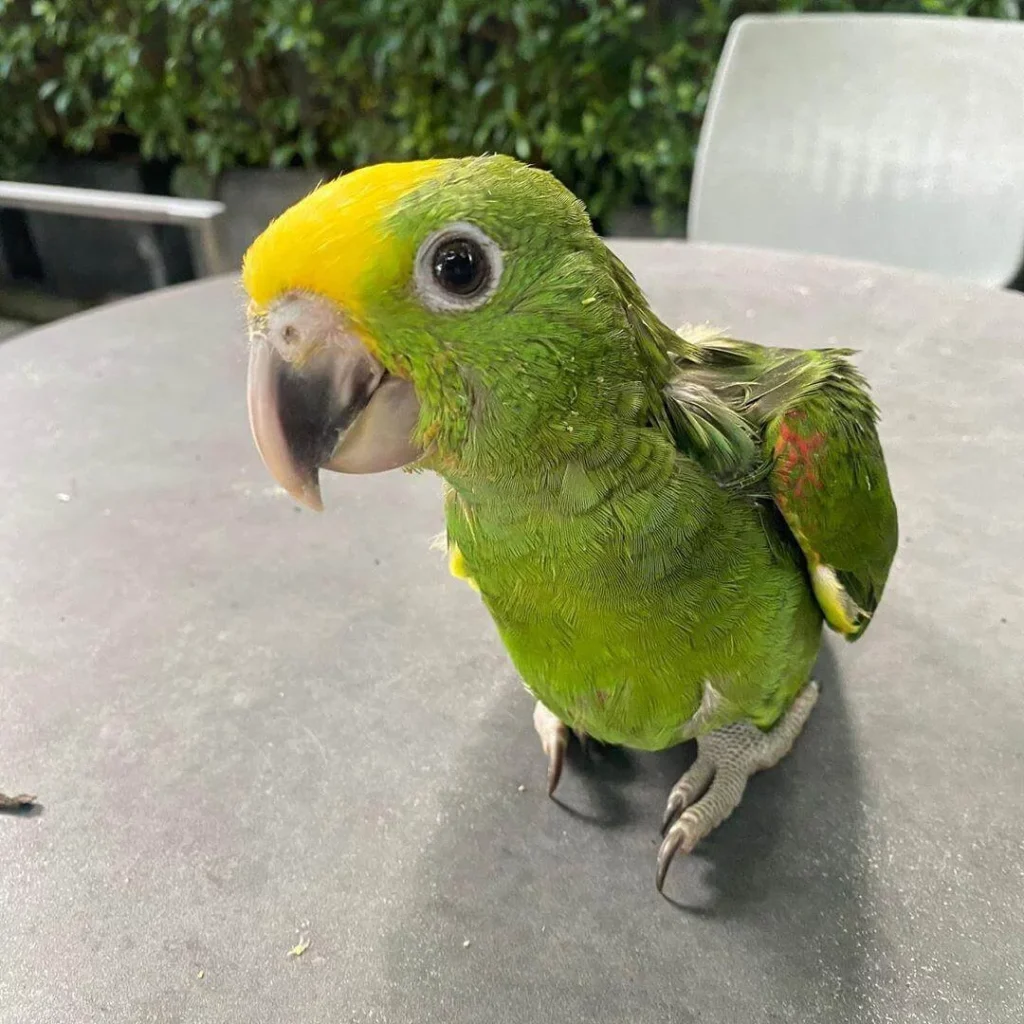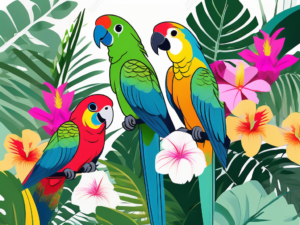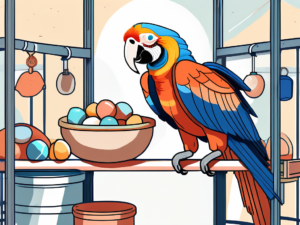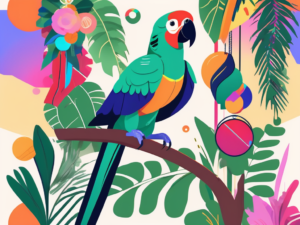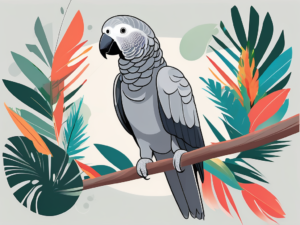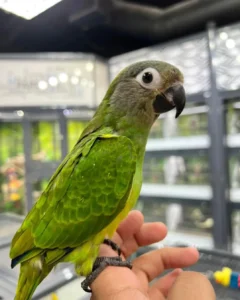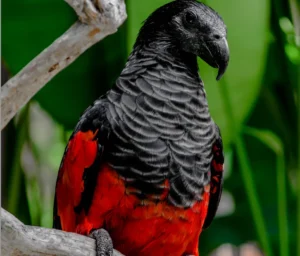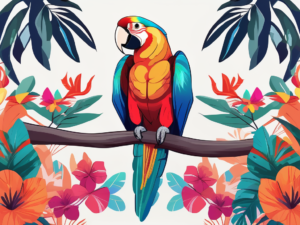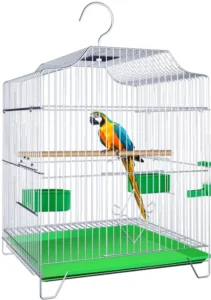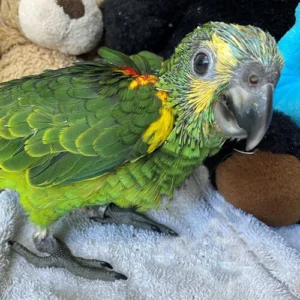Owning a parrot is an exciting and rewarding experience. These intelligent, colorful birds can become loyal companions and fill your home with joy. However, before you decide to buy a parrot online or look for affordable parrots for sale, it’s crucial to understand what it means to care for these beautiful creatures. This ultimate parrot buying guide will walk you through everything you need to know to make an informed decision, from selecting the right species to ensuring a secure parrot purchase.
Why Choose a Parrot as a Pet?
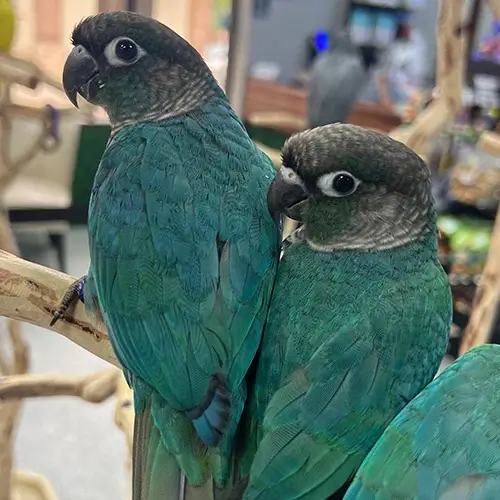
Order parrots – Parrots for sale.
Benefits of Owning a Parrot
Parrots are more than just eye-catching birds; they are incredibly social and intelligent creatures. Here’s why parrots make great pets:
- Companionship: Parrots are known for forming strong bonds with their owners. They thrive on interaction and enjoy being part of the family.
- Intelligence: Many parrot species can mimic human speech, perform tricks, and even solve puzzles. This intelligence makes them engaging pets that never cease to amaze.
- Longevity: Unlike other pets, parrots can live for decades. Some species, like the African Grey, can live up to 60 years or more, making them lifelong companions.
- Personality: Each parrot has its own unique personality. Whether you’re looking for a talkative friend or a quiet companion, there’s a parrot for you.
Factors to Consider Before Buying a Parrot
Understanding the Commitment
Owning a parrot is a long-term commitment that requires time, patience, and resources. Before searching for “parrots for sale near me” or “buy parrots online,” consider these factors:
Time and Attention
Parrots require daily interaction and mental stimulation. Lack of attention can lead to behavioral issues such as feather plucking and excessive screaming.
Space
Parrots need ample space to move around and exercise. Ensure you have enough room for a large cage and a safe area for them to fly or play.
Noise Level
Some parrots can be quite vocal. If you live in an apartment or have close neighbors, consider a species known for being quieter.
Cost
Beyond the initial purchase price, parrots require a significant investment in cages, toys, food, and veterinary care. Be prepared for ongoing expenses.
Choosing the Right Parrot Species
Popular Parrot Species
With over 350 species of parrots, choosing the right one can be overwhelming. Here are some popular species to consider when looking to purchase parrots:
1. African Grey Parrot
- Personality: Highly intelligent and excellent at mimicking speech.
- Lifespan: 50-60 years.
- Best for: Experienced owners who can provide mental stimulation.
2. Budgerigar (Budgie)
- Personality: Friendly, easy to train, and good for beginners.
- Lifespan: 5-10 years.
- Best for: First-time parrot owners looking for a small, affordable option.
3. Macaws
- Personality: Bold, social, and require a lot of interaction.
- Lifespan: 30-50 years.
- Best for: Owners with plenty of space and time to dedicate.
4. Cockatiel
- Personality: Affectionate and playful; known for their whistling.
- Lifespan: 15-20 years.
- Best for: Those looking for a gentle, low-maintenance parrot.
5. Cockatoos
- Personality: Affectionate, but can be demanding and prone to separation anxiety.
- Lifespan: 40-60 years.
- Best for: Owners who can provide constant companionship.
Factors to Consider When Choosing a Species
- Size: Larger parrots require more space and may be louder.
- Temperament: Some species are more independent, while others need constant attention.
- Training Ability: Certain parrots, like African Greys, are easier to train than others.
Where to Buy Parrots Online
Choosing a Reputable Seller
The next step in your journey to owning a parrot is finding a reputable place to buy. When you search for “parrots for sale” or “buy hand-raised parrots,” consider the following tips:
Research the Seller
Ensure the seller is reputable, with positive reviews and a history of ethical practices. Look for sellers who are transparent about the health and care of their parrots.
Ask Questions
A trustworthy seller should be willing to answer all your questions about the bird’s health, diet, and behavior. They should also provide information on the parrot’s age, origin, and any medical history.
Visit If Possible
If the seller is local, visit in person to see the parrot’s living conditions. A clean, well-maintained environment is a good sign of proper care.
Online Platforms for Buying Parrots
- Dedicated Parrot Sales Websites: Websites like https://parrotsforsale.org/ specialize in offering a variety of parrot species with secure purchasing options.
- Bird Shows and Expos: These events allow you to meet sellers and birds in person, ensuring a secure parrot purchase.
- Parrot Rescues and Adoption Centers: Consider adopting from a rescue organization. These birds are often in need of a loving home and can be more affordable.
What to Look for When Purchasing a Parrot
Health Check
Before making a purchase, conduct a health check to ensure you are buying a healthy parrot. Here’s what to look for:
Physical Appearance
- Eyes: Clear and bright without any discharge.
- Feathers: Smooth and well-groomed without bald patches.
- Beak and Claws: Should be well-formed and free of overgrowth or deformities.
Behavior
- Activity Level: A healthy parrot will be active and curious, not lethargic.
- Vocalization: Listen to the parrot’s voice. It should sound clear without wheezing or clicking noises.
- Eating Habits: Observe if the parrot eats regularly and has a good appetite.
Documentation
Ensure the seller provides proper documentation, including a health certificate, proof of age, and any vaccination records. This documentation is essential for a secure parrot purchase.
Preparing Your Home for a New Parrot
Setting Up a Cage
A suitable cage is essential for your parrot’s well-being. Consider the following when selecting and setting up a cage:
Size
Choose a cage that allows your parrot to move around comfortably. The larger the parrot, the bigger the cage needed.
Location
Place the cage in a well-lit area where the parrot can see and interact with people, but away from direct sunlight, drafts, and kitchen fumes.
Accessories
Provide perches, toys, and food and water dishes. Rotate toys regularly to keep your parrot engaged.
Parrot-Proofing Your Home
- Remove Toxic Plants: Some household plants are toxic to parrots. Ensure your home is safe from these hazards.
- Secure Cords and Wires: Parrots are curious and may chew on electrical cords. Keep them out of reach.
- No Teflon Cookware: Fumes from non-stick cookware can be fatal to parrots. Use alternatives.
Feeding and Nutrition
Understanding Parrot Diets
Proper nutrition is crucial for your parrot’s health and longevity. Here’s a basic guide to feeding your parrot:
Pellets
Commercially available pellets are formulated to provide balanced nutrition. They should make up the majority of your parrot’s diet.
Fresh Fruits and Vegetables
Offer a variety of fresh produce daily, such as apples, carrots, spinach, and berries. Avoid avocados and onions, which are toxic to parrots.
Seeds and Nuts
These should be given in moderation as treats due to their high-fat content.
Water
Always provide fresh, clean water. Change it daily and ensure the water dish is clean.
Training and Socialization
Basic Training Tips
Training your parrot is essential for a harmonious relationship. Here are some tips to get started:
Start with Step-Up Command
Teach your parrot to step onto your finger on command. This is the foundation for further training.
Positive Reinforcement
Use treats and praise to reward good behavior. Avoid punishment, as it can lead to fear and aggression.
Consistency
Be consistent with commands and routines. Parrots thrive on predictability.
Socialization
- Introduce New People Slowly: Allow your parrot to get used to new faces at its own pace.
- Regular Interaction: Spend time with your parrot daily to strengthen your bond and keep it happy.
Health and Veterinary Care
Regular Check-Ups
Schedule annual check-ups with an avian veterinarian to ensure your parrot remains healthy.
Common Health Issues
Be aware of common parrot health issues, such as:
- Psittacosis: A bacterial infection that can cause respiratory problems.
- Feather Plucking: Often a sign of stress or illness.
- Parasitic Infections: Regular vet check-ups can help prevent these.
Signs of Illness
Monitor your parrot for signs of illness, such as lethargy, changes in appetite, or abnormal droppings. If you notice anything unusual, consult a vet immediately.
Building a Bond with Your Parrot
Patience and Trust
Building a strong bond with your parrot takes time and patience. Be gentle and consistent in your interactions.
Playtime
Incorporate playtime into your daily routine. Parrots love to play with toys, explore, and interact with their owners.
Communication
Talk to your parrot regularly. They enjoy the sound of your voice and may even learn to mimic it.
Conclusion: A Lifetime of Joy
Owning a parrot is a commitment that comes with numerous rewards. By choosing the right species, providing a safe and stimulating environment, and building a strong bond, you’ll create a fulfilling relationship with your feathered friend. Whether you’re looking to buy hand-raised parrots, purchase parrots online, or find affordable parrots for sale, this guide will help you make an informed and secure parrot purchase. Start your journey today and experience the joy of having a parrot as part of your family.
Frequently Asked Questions
What is the best parrot for beginners?
Budgies and Cockatiels are great choices for first-time parrot owners due to their friendly nature and relatively low maintenance requirements.
How much time should I spend with my parrot daily?
Parrots thrive on interaction and should have at least 1-2 hours of direct interaction and several more hours of indirect interaction daily.
Can I keep more than one parrot?
Yes, parrots are social creatures and often enjoy the company of their own kind. However, ensure you have enough space and resources to care for multiple birds.
How do I know if a parrot is healthy before purchasing?
Look for clear eyes, smooth feathers, normal eating habits, and active behavior. A pre-purchase vet check is also recommended.
Are parrots noisy?
Some parrot species are noisier than others. Research the noise level of the species you’re interested in before making a purchase.
By following this comprehensive parrot buying guide, you’ll be well-prepared to welcome a parrot into your home and life. Whether you’re exploring “parrots for sale near me,” planning to buy pet parrots online, or simply want to understand more about parrot care, this guide offers valuable insights to help you make the best decision.
